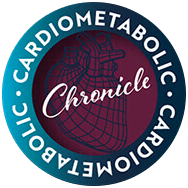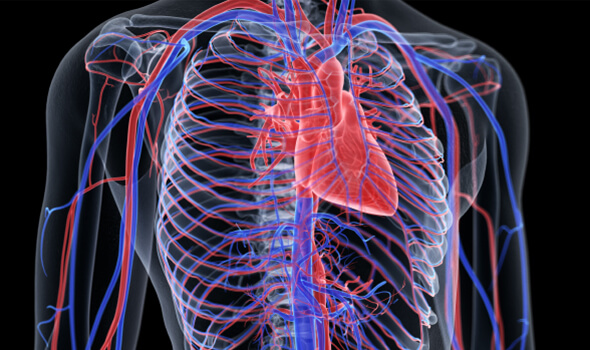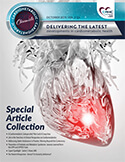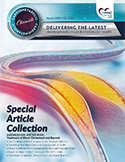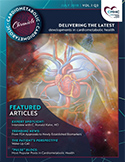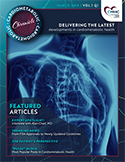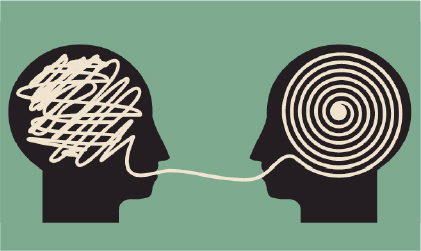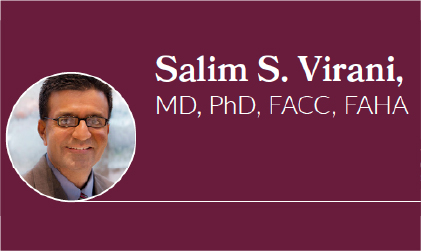High blood pressure is a dangerous medical condition that eventually leads to cardiac disorders and stroke if not regulated on time, and around 75 million Americans (~one in every three adults) are afflicted with hypertension at present, according to the Centers for Disease Control and Prevention (CDC). The American College of Cardiology/American Heart Association (ACC/AHA) 2017 guidelines has categorized blood pressure (BP) into the following groups: <120/80 mm Hg as normal blood pressure, 120-129/80 mm Hg as elevated BP, 130-139 mm Hg systolic pressure or 80-89 mm Hg diastolic pressure as stage-I hypertension, and 140/90 mm Hg as stage-II hypertension. In addition to re-categorizing the BP subdivisions, greater emphasis rests on out-of-office BP measurement for accurate hypertension monitoring and for prescribing required medication.1-4
With myriad factors causing the incidence and progression of high blood pressure, including several lifestyle-related risks- obesity, inactivity, improper diet, stress and alcohol; pre-existing medical conditions- diabetes, pre-hypertension and chronic kidney disease (CKD); and othersfamily history, race and gender; hypertension is considered a silent killer. In terms of disease management, lifestyle modification is essential; patients are advised to maintain a healthy diet (heart-friendly, sodium restricted, and lipid- lowering), exercise regularly, and monitor BP constantly. High BP is generally associated with high sodium and subsequent fluid retention in the body, that can lead to swollen lower extremities and hardening of the heart arteries; advanced cases of hypertension can show signs of headache, dizziness, shortness of breath, and eye problems. Moreover, prolonged hypertension can cause more serious ailments that include retinopathy, cardiac failure, cerebral stroke, or renal dysfunction.5-7


